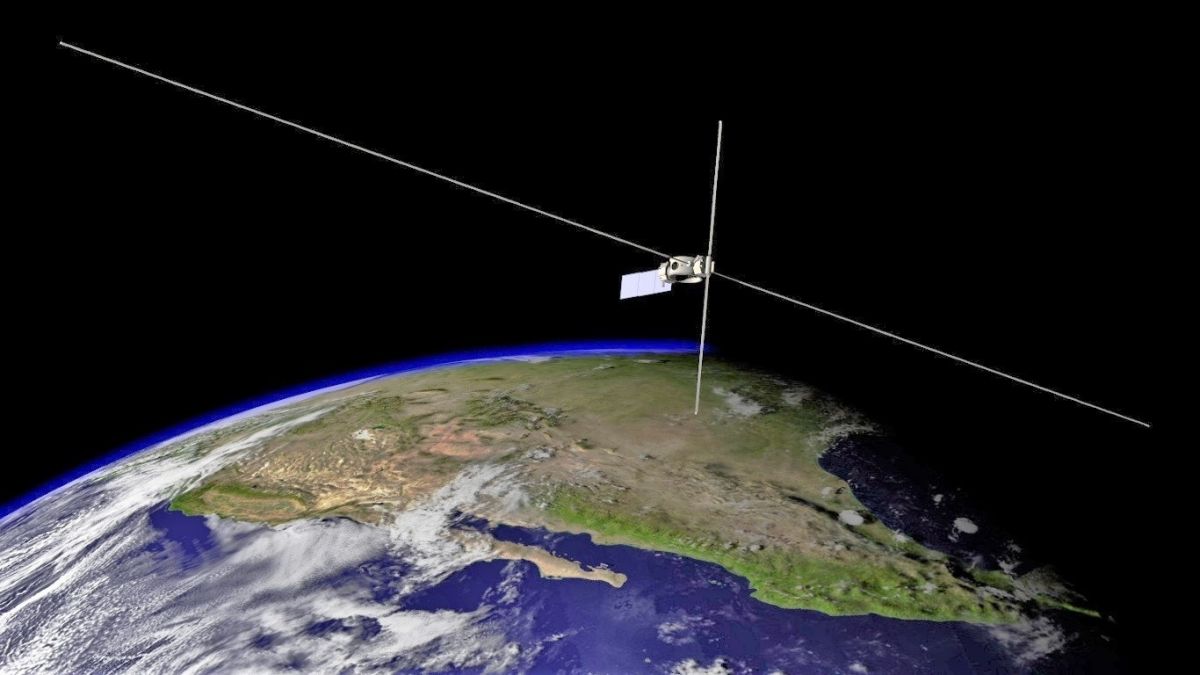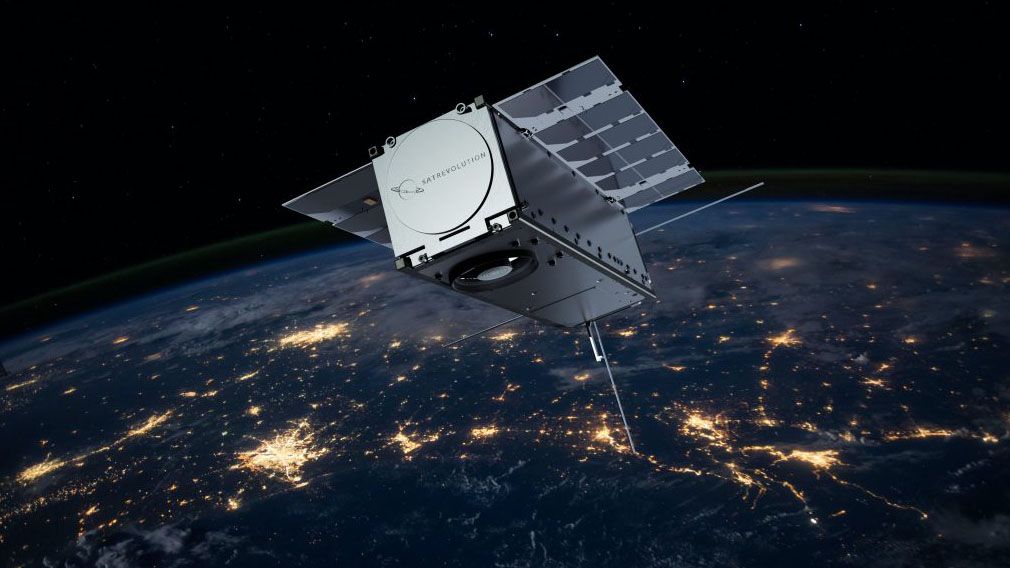(Image credit: Virgin Galactic) Sirisha Bandla Also flying on the Unity 22 mission will be Sirisha Bandla, vice president of government affairs and research operations at Virgin Galactic. “Bandla will be evaluating the human-tended research experience, using an experiment from the University of Florida that requires several handheld fixation tubes that will be activated at various points in the flight profile,” Virgin Galactic said in a mission description.
Read MoreMonth: July 2021
Space Station 20th: STS-104 Brings Quest Joint Airlock to the Space Station
Space Station 20th: STS-104 Brings Quest Joint Airlock to the Space Station
Read MoreThe Sentinel 6 satellite is now tracking Earth’s rising sea levels with unprecedented accuracy
The new European-American ocean-monitoring satellite Sentinel 6 Michael Freilich has started delivering ultra-precise measurements of rising sea levels on Earth a six-month shakedown period. As the globe’s climate changes, Earth’s oceans are warming and rising. To keep a watch on the waters, scientists have been relying for three decades on eyes in the sky: satellites that closely track how seas are behaving around the world. And the latest such satellite, Sentinel 6 Michael Freilich, has just begun to send back data. The spacecraft, named after the late NASA climate scientist…
Read MoreMars Helicopter Scouts Risky Terrain for Perseverance Rover
The Ingenuity Mars helicopter has proven itself a valuable asset to Perseverance, scouting out terrain that the rover can’t cross. The post Mars Helicopter Scouts Risky Terrain for Perseverance Rover appeared first on Sky & Telescope.
Read MoreCelebrating 5 Years at Jupiter
On July 4, 2016, our Juno spacecraft arrived at Jupiter on a mission to peer through the gas giant planet’s dense clouds
Read MoreUS Air Force celebrates end of the world’s largest uncrewed satellite, which studied Earth’s radiation belts
The U.S. Air Force Research Laboratory’s mission to study Earth’s Van Allen radiation belts and their effect on spacecraft has come to a close after exceeding its original planned lifetime of one year in orbit. The Demonstration and Science Experiments (DSX) spacecraft, built and managed by the laboratory that’s also known as AFRL, launched on June 25, 2019 aboard a SpaceX Falcon Heavy rocket from NASA’s Kennedy Space Center in Florida. Billed as the “largest uncrewed structure in space” by the Air Force, DSX launched as part of the Department…
Read MoreNASA TV to Air Launch of Space Station Module, Departure of Another
NASA will provide live coverage of a new Russian science module’s launch and automated docking to the International Space Station, and the undocking of another module that has been part of the orbital outpost for the past 20 years.
Read MoreLa NASA y la ESA se asocian en un nuevo esfuerzo para abordar el cambio climático global
La NASA y la Agencia Espacial Europea (ESA, por sus siglas en inglés) han formado una asociación estratégica única en su tipo para observar la Tierra y su entorno cambiante.
Read MoreThe hunt for wormholes: How scientists look for space-time tunnels
All About Space (Image credit: Future) This article is brought to you by All About Space. All About Space magazine takes you on an awe-inspiring journey through our solar system and beyond, from the amazing technology and spacecraft that enables humanity to venture into orbit, to the complexities of space science. Wormholes — shortcuts in space and time — have long been a staple of science fiction. But some scientists believe we may soon be able to prove that they are a real part of the universe—as real as the sun and…
Read MoreStart-up Spiral Blue hopes computers in space could revolutionize access to Earth-observation data
An Australian start-up has launched two computers on small satellites to test in-orbit processing of Earth-observation images in hopes of making insights from space more accessible. Sydney-based Spiral Blue launched two Space Edge Zero computers into low Earth orbit as part of Virgin Orbit’s Tubular Bells Part One mission on June 30. The company’s founders believe the technology could lead to ground-breaking applications that could in the future automatically track rogue ships in remote ocean areas, find lost planes and enable even the poorest farmers to benefit from views from…
Read More
